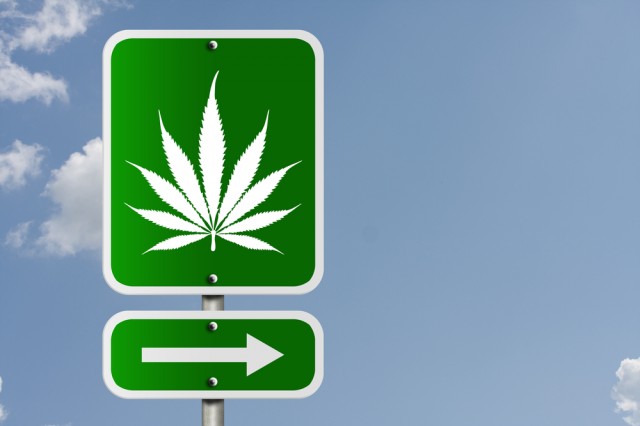 More bad news for the hysterical anti-pot crowd: the National Highway Traffic Safety Administration (NHTSA) just released a report stating that driving after using cannabis does not increase your chances of getting into an accident.
More bad news for the hysterical anti-pot crowd: the National Highway Traffic Safety Administration (NHTSA) just released a report stating that driving after using cannabis does not increase your chances of getting into an accident.
That’s not some local news rag following a few stoners around to see if they get into a crash. NHTSA researchers examined data on 9,000 drivers over the course of 2014. The most cannabis-damning finding was that roughly 25 percent of pot users were more likely to get into an accident than those who did not use pot, however, the data in those cases actually pointed more toward common demographic reasons for the crashes. That is, young people and men were more likely to get into a wreck than older people or women.
How did alcohol stack up against weed? (Remember, weed was not found to increase your chance of getting into a wreck at all). Drivers with .08 to .15 blood alcohol content were between 4 and 12 times more likely to be in a crash. However, the fact that booze leads to car accidents is nothing new.
Though I don’t think the Kevin Sabet’s of the world will listen to the NHTSA (what do they know, right?), their report should (hopefully) finally slay the “drugged driving is killing your children” shadow puppet. In fact, road fatalities have decreased in Colorado since legalization.
Researchers were careful to point out that, though there is no data linking pot to unsafe driving, it does impact your senses and you should not operate a vehicle while impaired. I’m glad that they made a point to say that. I don’t think anyone should be driving if they are impaired. If you’re too high to drive, you shouldn’t drive. However, this report should help set the stage for any potential field sobriety test for chronic cannabis users who will invariably show THC in their blood, even if they are showing no impairment or driving danger.
You win again, science!









